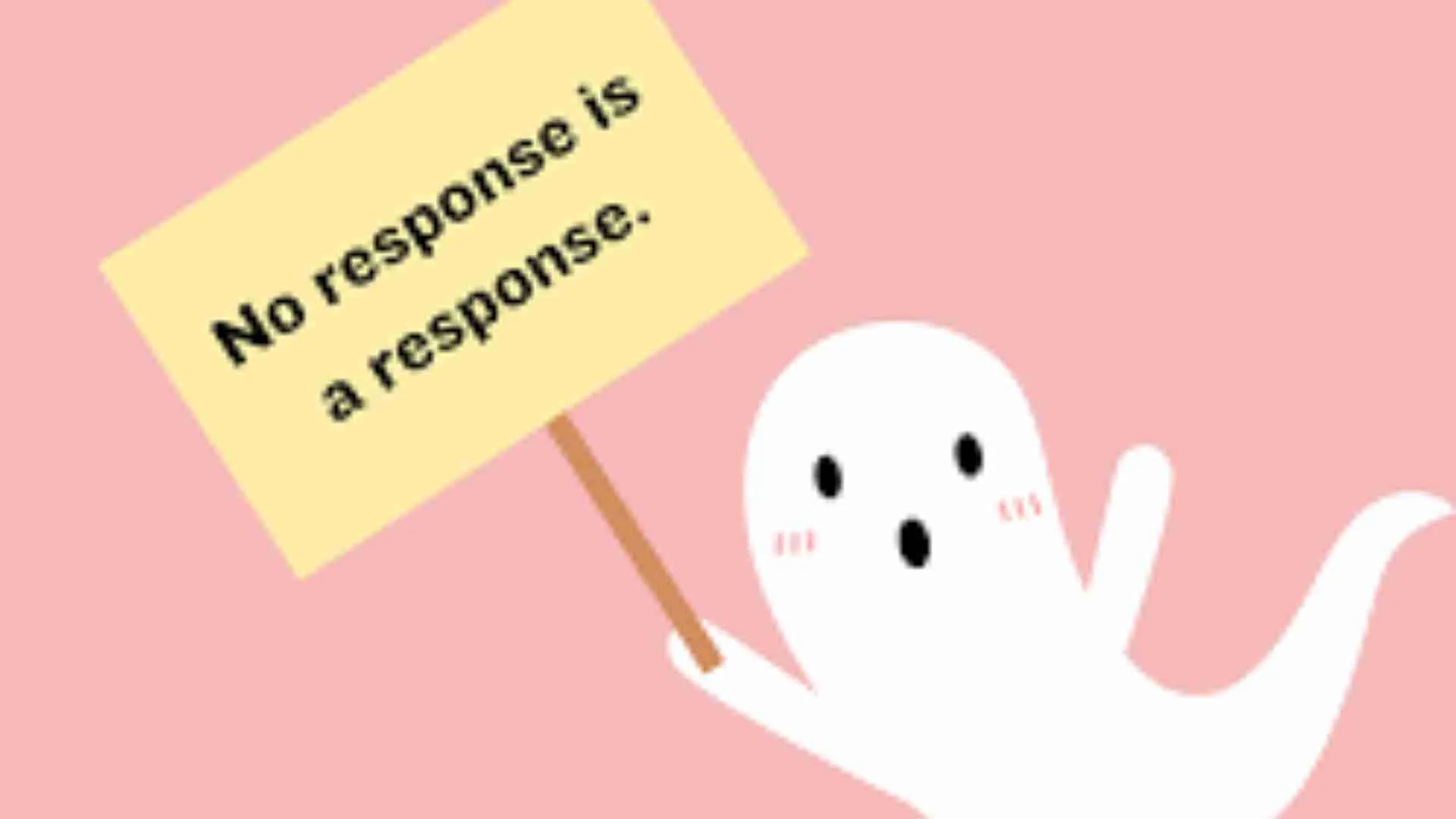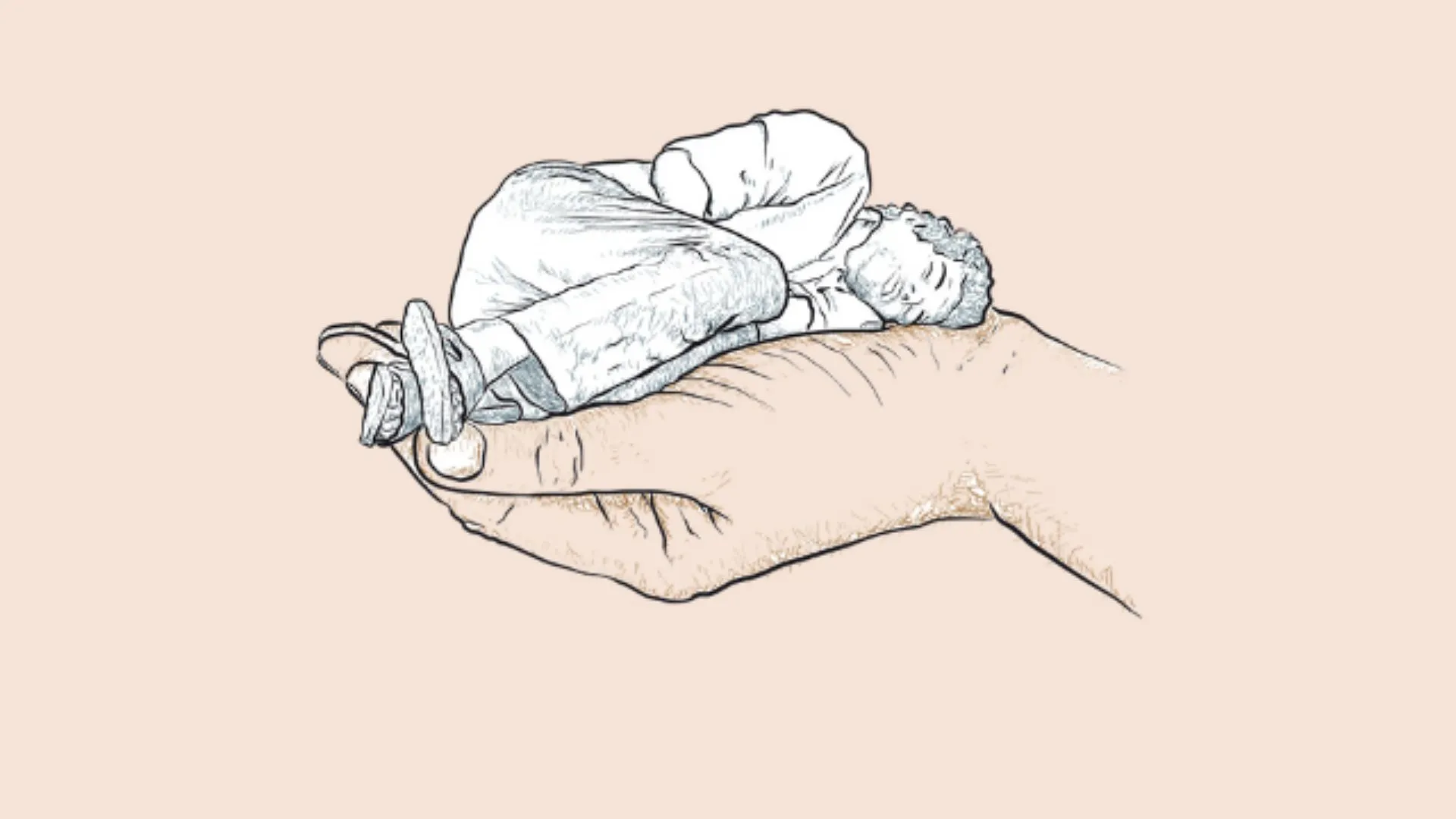In recent years, the term ‘ghosting’ has gained immense popularity, particularly among the younger generation. Despite its negative connotation, the practice is on the rise, especially in the digital realm of social media and online dating. One moment, a person may seem close, and the next, they disappear without a trace, leaving the other individual in emotional distress. Ghosting, often perceived as an act of avoidance and cowardice, can lead to significant mental trauma. Understanding this phenomenon is crucial to recognising its impact and finding ways to cope.
What is Ghosting?
Ghosting refers to the act of abruptly cutting off all communication with someone without providing any explanation. The person being ghosted is left with unresolved questions and no closure. With the widespread use of social media and mobile technology, ending relationships has become as simple as pressing a button. The individual vanishes from the other person’s life just like a ghost, making it an increasingly common yet hurtful experience.
The Psychological Impact of Ghosting
The sudden disappearance of a close connection can have a profound effect on mental health. Here are some emotional consequences of ghosting:
1. Confusion and Uncertainty
Being ghosted can be a deeply unsettling experience. Since it happens without any warning or explanation, the person on the receiving end is left confused, trying to understand what went wrong. The lack of closure makes it challenging to move on.
2. Self-Doubt and Insecurity
Ghosting can trigger feelings of abandonment and self-doubt. The absence of a clear reason for the disconnection may lead to self-blame. One may wonder if they did something wrong or if they were not good enough, which can significantly affect their self-esteem.
3. Anger and Frustration
Humans naturally seek explanations for their experiences. When ghosting occurs, the unanswered questions can lead to frustration and anger. The feeling of being disregarded and left in the dark can evoke strong emotional responses, making it difficult to trust others in future relationships.
How to Cope with Ghosting
Coping with ghosting requires self-awareness and emotional resilience. Here are some steps to help manage the aftermath:
1. Acknowledge Your Emotions
Ghosting can leave a deep emotional impact, and it is essential to acknowledge these feelings. Recognising the hurt, confusion, and rejection can be the first step toward healing. Allow yourself to grieve the loss of the relationship or friendship.
2. Avoid Self-Blame
It is crucial to understand that ghosting is a reflection of the other person’s inability to communicate effectively, rather than a flaw in yourself. Refrain from blaming yourself for their actions and focus on self-care.
3. Seek Support
Talking to friends, family, or a therapist can help process your emotions. Sharing your experience with trusted individuals can provide comfort and reassurance that you are not alone in this experience.
4. Move Forward
While ghosting can be painful, it is essential to prioritise your well-being. Engage in activities that bring joy and fulfillment, and be open to building new, healthy connections.
Ghosting is an unfortunate reality in today’s digital age, affecting countless individuals emotionally and mentally. By understanding its impact and adopting healthy coping mechanisms, one can navigate the experience with resilience and move forward with confidence. Prioritising self-worth and emotional well-being is key to overcoming the pain of being ghosted and fostering meaningful relationships in the future.























